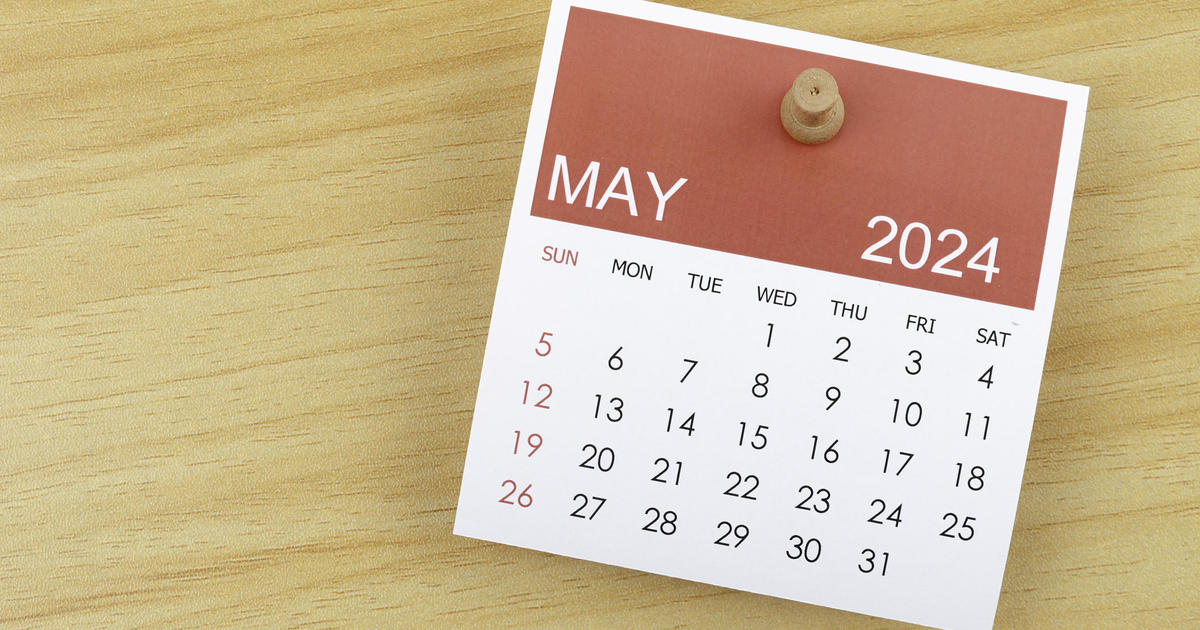What's up with the U.S. economy, anyway?
Don't look now, but the post-election bubble in investor confidence regarding the health of the U.S. economy is hissing air.
For months, market bulls focused on strong "soft" economic data, such as consumer sentiment surveys, that pointed to mounting optimism on the part of consumers, investors and businesses -- just the thing for boosting spending, capital expenditures and broader economic growth. The bears, instead, focused on stagnant "hard" data that measured real economic output.
Now, it seems, the pessimists were onto something: the soft data that until recently pointed to a growth spurt is coming into line with the less encouraging hard data.
As a result, after the nation's gross domestic product slowed to a meager 1.2 percent in the first three months of the year, investors are staring to mark down their growth forecasts for the second quarter.
Mixed signals abound, so don't feel like you're the only one scratching their head.
After all, the unemployment rate fell to just 4.3 percent last month, a 16-year low. And the Federal Reserve has been sounding awfully confident in the economic outlook as well, preparing Wall Street for another quarter-point rate hike at its June 13-14 policy meeting and openly discussing tapering its $4-trillion-plus balance sheet later this year.
But something seems amiss. There was an 80,000 job decline in retail sector employment last month, a drop not seen since the 2009 recession. Consumer confidence and spending plans have rolled over. Auto sales have dropped in four of the past five months on a monthly basis. Wages remain stagnant.
No wonder that the 10-year Treasury yield dropped to 2.15 percent and is down 0.5 percent from the post-election peak. This is the bond market saying loud and clear that both inflation and GDP growth are set to slow.
Corporate earnings are under pressure as well, based on the National Accounts data, falling 7.3 percent on an annualized basis in the first quarter from the final three months of 2016. Gluskin Sheff economist David Rosenberg, who has recently sounded the alarm on the economy, notes that domestically-sourced earnings are down at a 10.6 percent annualized rate. These are the earnings that lead capital spending growth (spending on new hires, new factories, and new equipment) That decline "is why the trend in core capital goods orders and shipments have turned south again," he said.
Other economic trends point to a slowdown. Pending home sales have slipped amid a shortage of affordable houses. Meanwhile, the Fed's most recent Beige Book of regional economic conditions were filled with anecdotes about troubles in commercial real estate backed up by a recent drop in the Architectural Billings Index -- a leading indicator for construction activity.
In fact, outside of the oil patch, the economy grew an anemic 0.3 percent in the first quarter. And with OPEC losing control of the energy markets amid a persistent global oversupply and stepped up U.S. shale activity, crude oil has slid back below the $50-a-barrel threshold. As a result, the second quarter is unlikely to enjoy the same lift.
Estimates are coming down. The Atlanta Fed's GDPNow estimate of second-quarter GDP growth is down to 3.4 percent from 4 percent just a few weeks ago. The New York Fed expects 2.2 percent growth for April through June and lowered its third-quarter outlook to a weak 1.8 percent.
Not is all necessarily lost. Bank of America Merrill Lynch economist Ethan Harris warns against prematurely dismissing this economic expansion. While it is long in the tooth -- the third-longest in modern history -- none of the major factors that caused previous recessions are in play, in his view: a Fed bent on quickly jacking up interest rates to head off inflation, a spike in commodities prices and cyclical overheating.
And while the lack of fiscal tailwinds from the Trump administration to date is disappointing, Harris thinks the economy doesn't need a gust from Washington to manage above-trend growth. The stock market, on the other hand, has aggressively priced in a much faster pace of GDP and earnings growth ,leaving it vulnerable to a repricing should the economic data continue to weaken.




